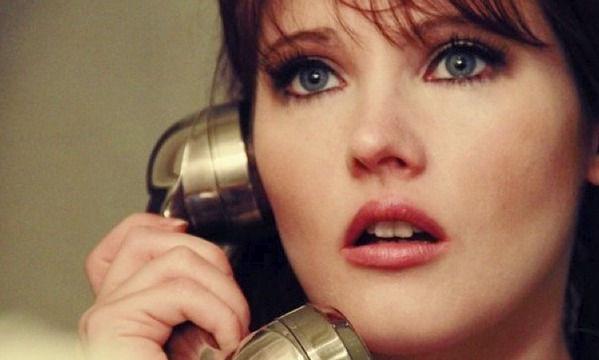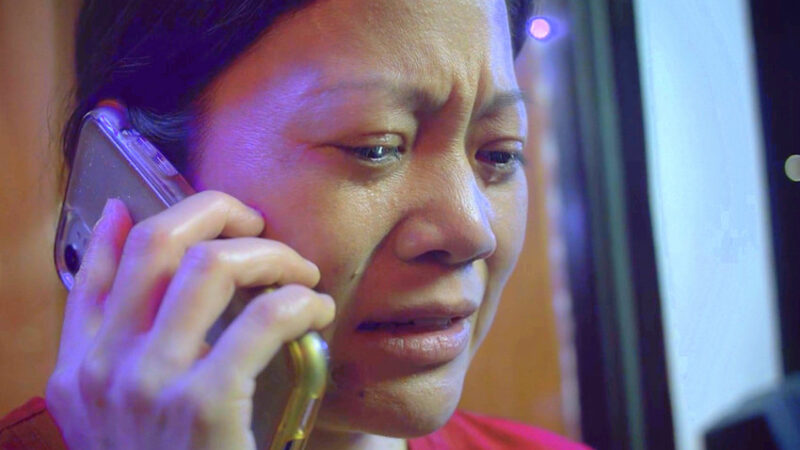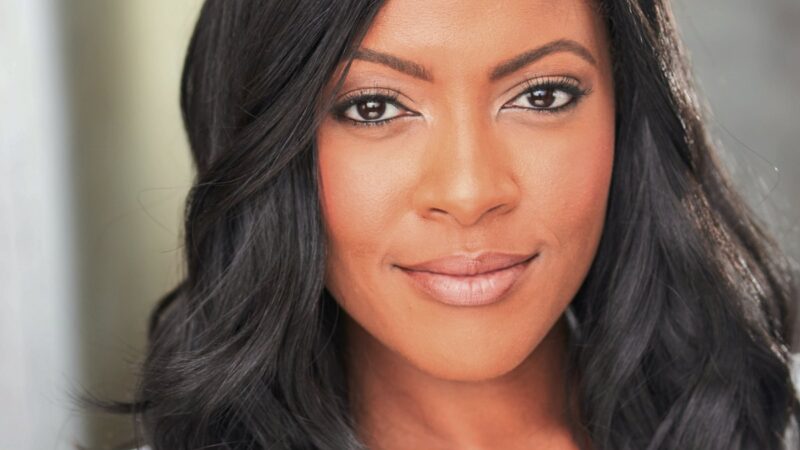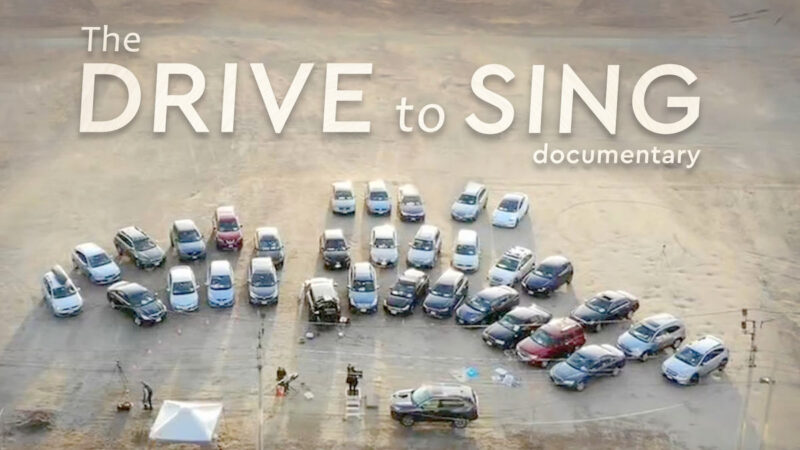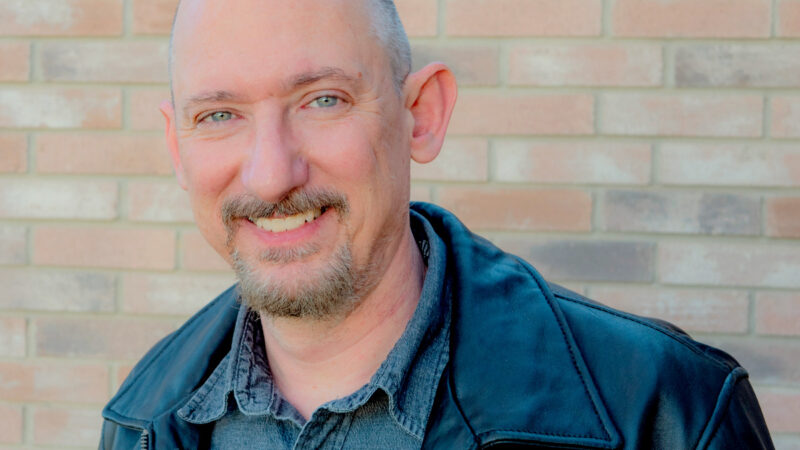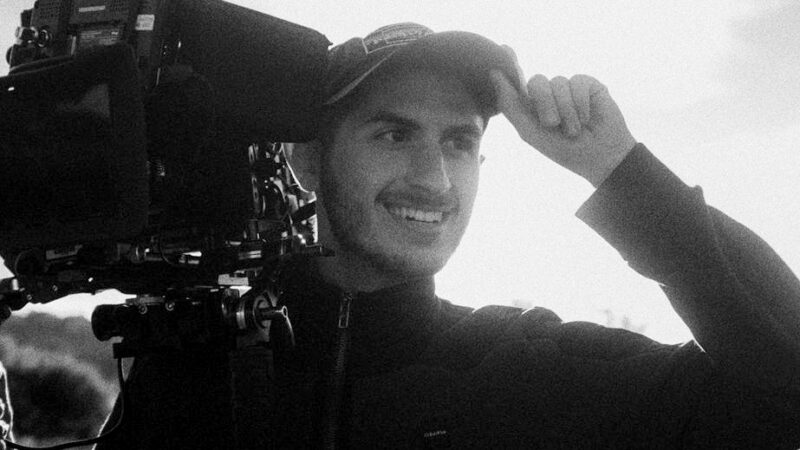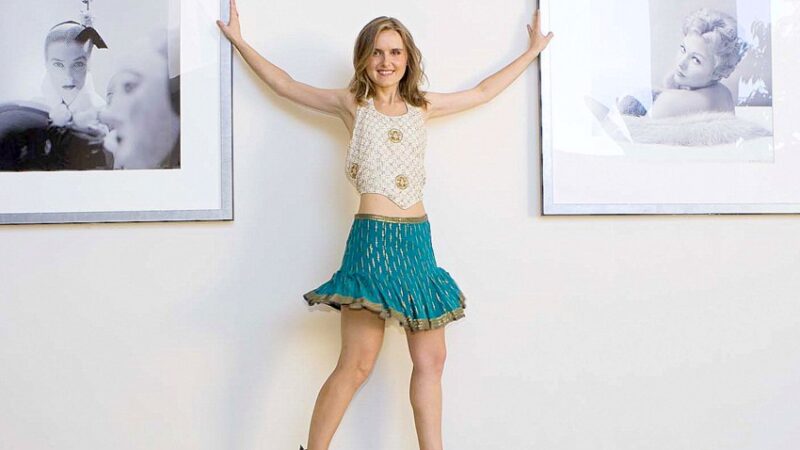
I had about 12 first cousins who were my first actors. I was lucky to have free-range parenting back then with no tech interrupting. We would spend our time making up stories, acting them for hours. Through them I learned how important my imagination would be. This set the stage for all my future relationships to be linked to creative processes. Any unlike many of my friends I was allowed to watch movies and “devil” shows like You Can’t Do That On Television; many of my friends were not allowed. My house was the place you could go to watch Dirty Dancing or Great Balls of Fire. So I internalized some really good music and film at a very young age and that made up my mind.
Did you study what you do
Yes, I studied every aspect of the process formally and informally but I had to chase those opportunities down and overcome a lot of obstacles to even get the privilege to do so. Fighting through those obstacles gave me content. It made me whittle down what I stood for. Formal training summary: I have a BFA, and a Masters. I studied piano composition at Chicago Academy for the Arts and Berklee College of Music. Photography at Columbia College Chicago. Film technique at School of Visual Arts: writing, cameras, directing and editing. Acting and writing at The Second City Chicago and at The PIT in NYC. Acting and dance workshops everywhere and anywhere. Try different methods and teachers. And you have to take maintenance classes. It is not easy but you have to maintain and protect what you have worked for.
@smrtgrls We want to stop #sharkfinning so we made a fun music video about it! #savesharks #sharkweek #flabulous https://t.co/5D4FBOn1um
— Katie-Madonna Lee (@katiemadonnalee) July 1, 2016
What is your filmmaking process
There are so many different types of actors out there. Some are very theatrical and their presence doesn’t translate to film. Others only work well on film. In that case, I work with sense memory and method. Improv I don’t go into because of production management and time constraints.
Tell us about the work you have produced
I have produced many short films, music videos, and a web series. SAG was involved in all those projects, and there were many contracts to work out and a lot of paperwork to fill out. During auditions we had a lot of people with agents who hadn’t prepared for the audition. I can tell you that each actor that was chosen dressed for a role had been prepared for questions about the character’s situation in relation to her life. One actress came and made lot of sexy faces. She had great presence– however, she needed to unlearn posing. Posing and “sexy face” is not acting. Crying is not acting. Building a character, background history, accents, how would they walk and so on– that is acting. It is great when you see an artist take a character you have written to place of total physical existence.
Flabulous Halloween Special! from katie madonna lee on Vimeo.
Do you take courses to improve your craft
Always! I’m like “Lowes – Never Stop Improving.” It is very important to not stay in the film technique ghetto however. Sometimes it means taking history classes, sometimes it is a business class that will help you understand how to be sustainable and practical and not get lost in the land of theory and art. So many things can make you a better filmmaker don’t always stand out and say “Here! Filmmaker, come hearth!” Yes – take classes on camera lenses, equipment, and editing. But then there are classes focusing on management, and communication – running projects and working with people – those are the things you have to learn how to get better at, and those are not always taught in film/acting workshops.
How do you combine acting, producing and writing
If you are making your own work with small resources, this will be standard protocol. You will write a story, be the one to produce it, and most likely act in it. This is the best way to learn filmmaking – you will be better a director, producer, and writer because you know the process internally – you understand what the actor needs and what the production teams needs to get the work done efficiently.
How did you get into the film business
I started working as a Production Assistant and AC, just to learn set rules and also because it was at the time fun. I did that with the intention always of making my own work. I am very passionate about making sure the team gets everything they need for the shoot and for the film.
How do you turn an idea into a screenplay
Flesh out your idea. Some ideas are meant to be very short films, some are meant to be feature films, others are meant to be music videos. It goes back to what your process is and works through that process over and over. I usually set my clock timer to 20 minutes, and write as much as I can about the idea– then I walk away or keep writing, depending on how I feel. I write the treatment from there and revise. And revise again. If you have the story written– beginning, middle, and the end – you are ready to fill in all the details in screenplay form. That’s kind of how I do it. Write 5 times a week. It is muscle. If you don’t use it, you lose it. It is just basic exercise. Please don’t drop acid just to write your screenplay.
Explain your writing process
Excitement. Discomfort. Duty. Despair. Problem Solved. Relief. Sanity. ←– Those are the stages of writing. I will say it right now, my life experience and content is usually upsetting to those who haven’t grown up lacking… upsetting to those who haven’t grown up in a rust belt city. Rust Belt Cities, they are pockets of their own grief, stuck in time and falling behind. Luckily for me I have had two dedicated muses/mentors/editors that go by J & L, for the last decade that nourish my process. I workshop the ideas SAFELY with them. My stories and characters have always been attacked and ridiculed in writing circles. “Why is she so angry? Why doesn’t she want kids…if she is Latina why doesn’t she have an accent, don’t you think that makes it more Believable?” Or my favorite, “So wait… they are Native American but they don’t live on a reservation…? Are there any natives left?” It is very political and messy in a standard straight upper-middle class boys club writing room. Often times the things that need to be discussed– story structure and dialogue– don’t get discussed because the characters and ideas don’t fit into the life experiences of the people in the room. You have to be aware of this when you are writing. You know when you are not writing the standard cultural experience you will confront tear-down culture. It gets ugly. So workshop your writing with people who understand it first. I say this because a writer is most fragile when their characters are being formed, it is an embryo, and it must develop in a private space. Show it to others when it has been born to you. Otherwise you can be argued out of realizing it. The worst sexual assaults do not happen in bedrooms but in writing rooms and in contract disputes.
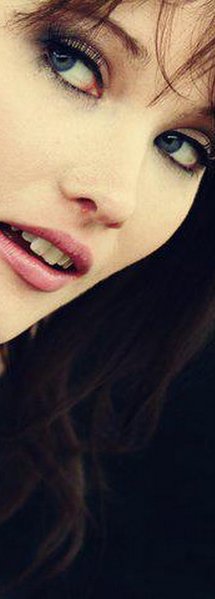 What writing tip or idea can you give young writers
What writing tip or idea can you give young writers
Exactly what’s listed above. Talk to yourself, know yourself. Pay attention to how you feel when you write and when you get feedback. Don’t romanticize the process. Don’t procrastinate. If your experience is different from that which is seen around you, be true to it. Do not bend it to be likeable. However, make it interesting and develop it. Know the structure of what you are writing. Do not use prestigious theories to hide undeveloped ideas. Only use nudity, sex, and violence if it moves the story forward– otherwise, it is just amateur nonsense. You have to write a lot. It is peeling an onion; there are many layers and it makes you cry. Sometimes what you really want to say doesn’t appear to you until your 11th draft. You have to find your process and you can’t unless you write a lot.
Tell us about the directing work you have done
I have directed several short films, and a feature film The Execution of Julie Ann Mabry, which won Best Film Narrative at LA Femme Festival and The New York Women in Film & Television Award. I also have one feature in development, and another show Riot Grrrl in pre-production. My kids show Flabulous finished 26 episodes and we are currently working on the music soundtrack. I am wrapping a documentary that has been on my bucket list for the last ten years! The Seahorse is a documentary about the GLBT community in South Bend, Indiana, who has stayed and lived out and proud in their city since the 1960s. Unlike the popular LGBT narratives of migrating to a coastal city or gay mecca, the film discusses the impact of those who stayed in South Bend, and opened a cabaret show bar that acted as a center for art, activism, and community for 30 years. In 2012 the city of South Bend adopted a Human Rights Ordinance protecting LGBT people from any type of discrimination. That ordinance would prove to be needed when Indiana’s Gov. signed the RFRA, which allowed discrimination against LGBT people. In June 2015 the mayor of South Bend came out and was reelected later that year. I’m very excited to tell this story right now.
What do you want to change about the film business
How much time do we have? Hollywood acts as gatekeepers of culture. If you want to be written into America’s consciousness it helps to be on television or in a movie. To be written in a movie or show is just as political as getting Native Americans, Asian Americans, and black women written into history textbooks properly. It is as if we depend on movies and television to tell us who we are as a country. So I would change content, and the permission process.
What do you want to be remembered for
I want to be remembered as a good daughter, a loyal friend, and as a preservationist of histories and communities. I love my Mother. I want to be remembered as person who loved her elders, ancestors and listened to them and not the eternal pressures from those who lack integrity. Someone who wrote her grandmother letters, recorded her stories, and sat with in her hospital room when she walked on. Someone who saved and took apart her grandfather’s house so none of her family memories would be in landfill when our house was torn down by developers. I am a filmmaker but it all starts with what you stand for. And that is what I stand for.
What do you want from an actor during production
“Yes, And”. I love actors. I have actors I have worked with for 10 years. What every director wants is a psychic connection to actors – the director wants someone who “gets” it. However that isn’t possible all day, everyday. I can tell you what no director wants – an actor who brings drama on set, who is needy in ways that just are ridiculous. Your crew is there longer and doesn’t get the cushy treatment actors do– so when an actor is very kind and polite to the crew and delivers a performance on top it of– you got a lifetime star.
How do you prefer to work with a producer during a production
Sometimes you get producer who is just getting a title – such as the EP who has a friend who will be on for just one day. Or maybe someone gets a co-producer credit for lending you a location. Stuff like that. Not my favorite. Fairness and honesty are sometimes a lot to ask for but that is what I want. There is a large range of what a producer does and I have worked with all different types. Sometimes if you work with a name producer they will take credit for more than what they done, or abuse their staff. I can’t stand that. It is not needed. But it happens often. Try to work with people who have an honest and strong work ethic, don’t be so impressed with names.
What do you think a director can do to get into the film industry
Well the first thing, is to be born into it, for females and minorities this is very, very helpful. Second, act your way into it. Third, produce your way into it. Fourth (the longest way), write, produce, and direct your way into it. The thing is – it is so random and every path is different. It is different for every single person– what works for some may not work for you. Some people just want to work as a DP or AC. That is awesome. Some people work as directors but they don’t have a burning cultural story to tell, they are good directors though. Just always be prepared for “no” and know you have to keep working. Even when you make it, you never stop digging ditches, in fact, the ditches become even bigger but by then, you’ve built big muscles so you can dig them.
“Woman’s Prison” Clip: They make it safe for him to touch children from katie madonna lee on Vimeo.
Who is your favorite director
Directors in general get a lot of credit for a whole team. So I have teams that I enjoy. Prestigious alert: I love those German directors. Fritz Lang, F.W. Murnau. Billy Wilder (an Austrian). One movie that stabbed me in my heart with its feeling, soundtrack, acting, and shot efficacy is Sid & Nancy by Alex Cox. One film that is overlooked but has influenced many directors such as Gus Van Sant is Streetwise, a documentary made in 1984 by Martin Bell based on photos by his wife and artistic partner Mary Ellen Mark. Erin, “Tiny,” is still alive. Roberta Joseph Hayes was murdered by the Green River Killer. I don’t think I have ever stopped thinking about this movie. I really love all John Hughes movies and the film scoring to Less Than Zero. David Lynch for talking about incest via Twin Peaks. He intuitively understood the dark places Laura and others have been taken. More importantly, he understood how they need an Agent Cooper to care enough to pull them out of the woods. I love the actress Frances Farmer; she was ahead of her time.
What do you want to be remembered for
Efficiency! Efficiency! Every shot makes sense; every joke is there for a reason. They never waste your time. And you can FEEL the movies. The filmmaker FELT these movies. They pulled them from their guts and turned them into magic
What advice will you give directors
Be humble. Be assertive when you need to be. Don’t pass the buck on to your AD or lesser-known producer. Use your power for good. Sleep. Everyone needs to sleep. Don’t work people to death. Sleep is for humans, make sure you sleep 8 hours and let your crew get that kind of sleep as well. And please for the love of gawd, don’t use your position or work to get laid.
IMDB | Twitter | Google+ | LinkedIn | Wikipedia | Vimeo | Rottentomatoes
INTERVIEWS
more interviews

